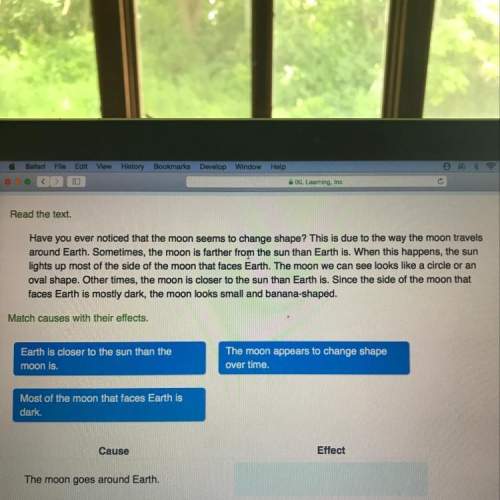
English, 15.07.2019 06:30 jesusmojica25
Civil disobedience part 1 most people remember gandhi and dr. martin luther king, jr. as reformers who practiced non-violent forms of protest and advocacy. both effectively changed the popular opinion about emotional issues for their countries and brought in a wave of change that was long overdue. but the practice of non-violent protest, or civil disobedience, started long before either gandhi or king. it began with a quiet, shy poet who is best known for writing a lot about a pond. henry david thoreau lived from 1817 until 1862, mainly in the area of concord, massachusetts. the issue that would tear the country apart in the 1860s had already begun dividing the nation. thoreau was only 14 when nat turner led the slave rebellion in virginia and was later hanged. in his late 20s, thoreau began speaking against slavery in public, echoing the voices of freedmen like frederick douglass and lewis hayden. thoreau believed that a government that supported slavery was corrupt and immoral. he was also deeply suspicious of government. for these and other reasons, thoreau refused to pay his poll tax for a number of years. the poll tax was a legal tax owed by every person. it was basically a tax on one's body. after not paying for years, he was at last arrested. he spent only one night in jail, however, as a relative paid the tax for him. he was reportedly furious that any tax was paid on his behalf. it was this experience that thoreau wrote about in an essay called "civil disobedience." in this essay, he argued that being moral and just came before allegiance to government. he wrote “if the machine of government is of such a nature that it requires you to be the agent of injustice to another, then, i say, break the law." he also felt that voting was not enough to ensure that the right thing be done. he wrote that "even voting for the right is doing nothing for it… a wise man will not leave the right to the mercy of chance…" he felt that one had a moral responsibility to resist unjust laws. what is the main idea of the bolded paragraph? king and gandhi both practiced non-violence. many people have heard of king and gandhi. king and gandhi are known for protesting most people protest from time to time.

Answers: 1


Another question on English

English, 22.06.2019 07:30
Read the opening lines of sojourner truth's speech "ain't i a woman? " well, children, where there is so much racket there must be something out of kilter. i think that 'twixt the negroes of the south and the women at the north, all talking about rights, the white men will be in a fix pretty soon. but what's all this here talking about? what tone do these lines convey?
Answers: 1

English, 22.06.2019 07:30
Which of the following examples represents a flat character
Answers: 1


English, 22.06.2019 09:40
Alvarez instruction active understanding characters what can you conclude about the daughters, based on the passage? check all that apply. her daughters would seek her out at night when she seemed to have a moment to talk to them: they were having trouble at school or they wanted her to persuade their father to give them permission to go into the city or to a shopping mall or a movie - in broad daylight, mami! laura would wave them out of her room. "the problem with you " the problem boiled down to the fact that they wanted to become americans and their father and their mother, too, at first - would have none of it. -“daughter of invention," julia alvarez they struggle to fit in. they feel supported by their mother. they value their mother's advice. they embrace american culture. they want to leave new york
Answers: 1
You know the right answer?
Civil disobedience part 1 most people remember gandhi and dr. martin luther king, jr. as reformers w...
Questions




Mathematics, 24.05.2021 17:20

Mathematics, 24.05.2021 17:20

Chemistry, 24.05.2021 17:20

Mathematics, 24.05.2021 17:20

Mathematics, 24.05.2021 17:20

Biology, 24.05.2021 17:20



Arts, 24.05.2021 17:20


Chemistry, 24.05.2021 17:20

Physics, 24.05.2021 17:20




Chemistry, 24.05.2021 17:20




